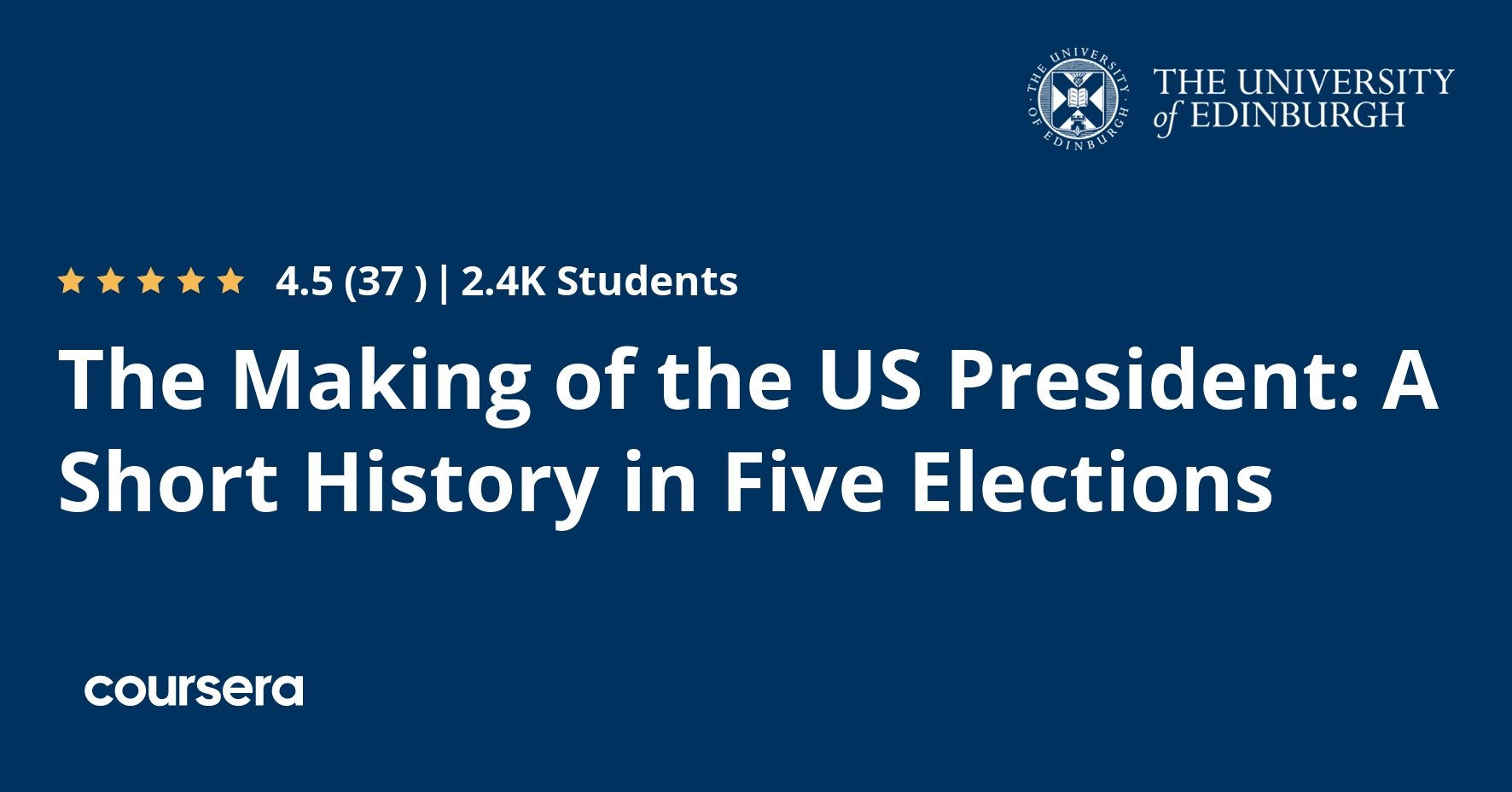Description
As Donald Trump takes office as the forty-fifth president of the United States, this course explores presidential elections in historical perspective, via five case studies. It tells the story of key campaigns in US history, and by doing so it investigates how politics changed over time—and how understanding the past sheds light on the current campaign. From the arrival of “dirty politics” to the impact of the “digital revolution,” the course looks at the historical background to some of the key phenomena that shaped the controversy-laden campaign of 2016.
The five elections that we’ll investigate are among the most significant in American political history. In 1800, Thomas Jefferson won the presidency in a contest that encouraged politicians to reform the electoral college, the system by which presidents are still chosen. The election of Abraham Lincoln in 1860 prompted the outbreak of the Civil War. It’s an election that helps us to understand the development of political parties. In 1968, the Vietnam War was a dominant concern for Americans, and yet foreign policy played a secondary role in Richard Nixon’s victory. Twelve years later, in 1980, Ronald Reagan won an election that initiated a new era of conservatism. Finally, we’ll turn our attention to the election that took Trump’s predecessor, Barack Obama, to the White House in 2008. Many saw the Obama’s success not only as revealing the impact of the digital revolution on campaign politics, but also as signaling a turn to progressivism.
Image credits:
Course logo – “Former President Truman holds a copy of the famous Chicago Daily Tribune paper declaring ‘Dewey Defeats Truman'” Harry S. Truman Library & Museum (https://www.trumanlibrary.org/photographs/view.php?id=38592).
Course banner – “US Flag Backlit” by Joshua Nathanson, CC BY-SA 3.0 (https://commons.wikimedia.org/wiki/File:US_Flag_Backlit.jpg).




